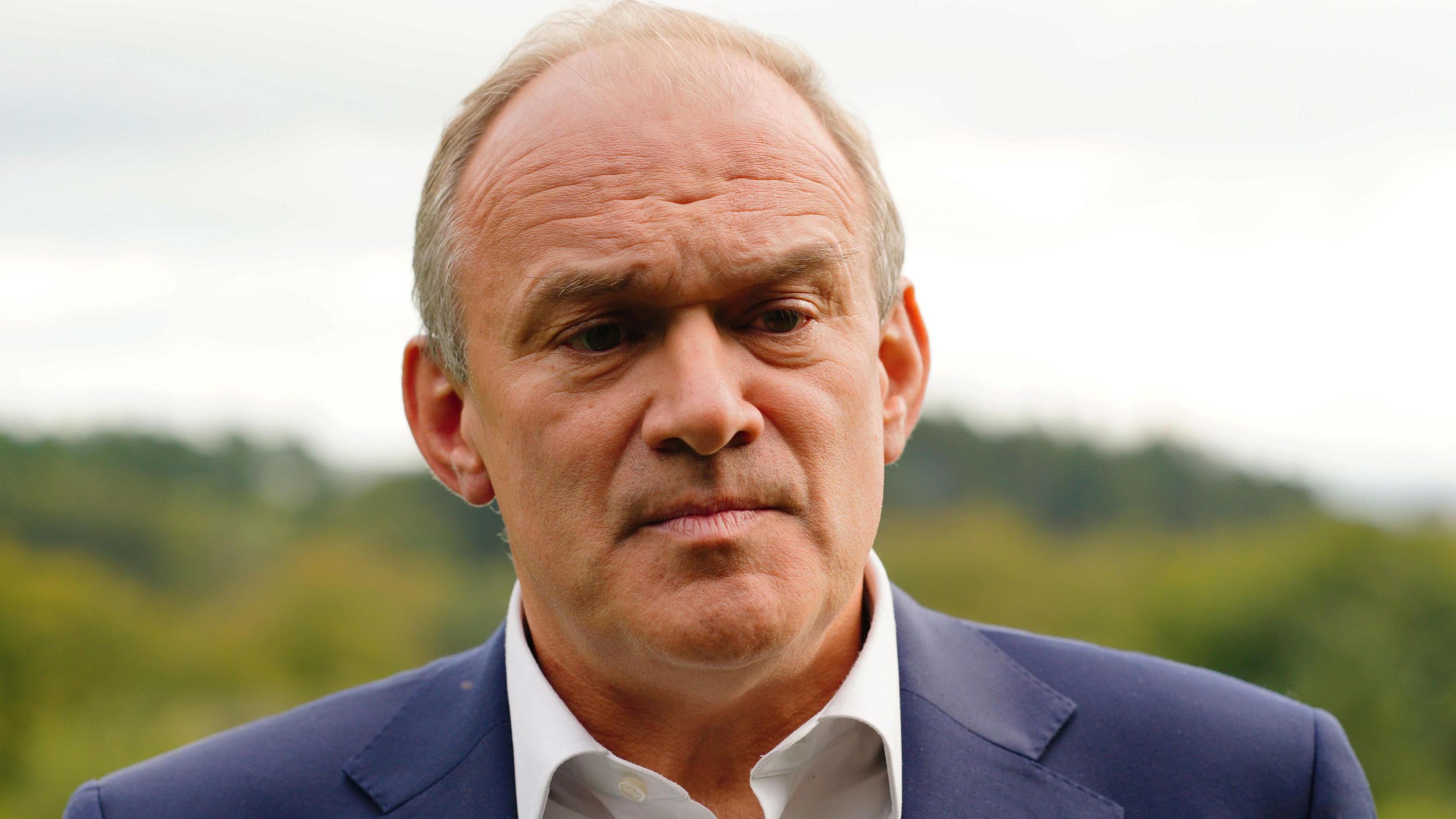'I might be dead before a decision is made': Terminally ill people on assisted dying
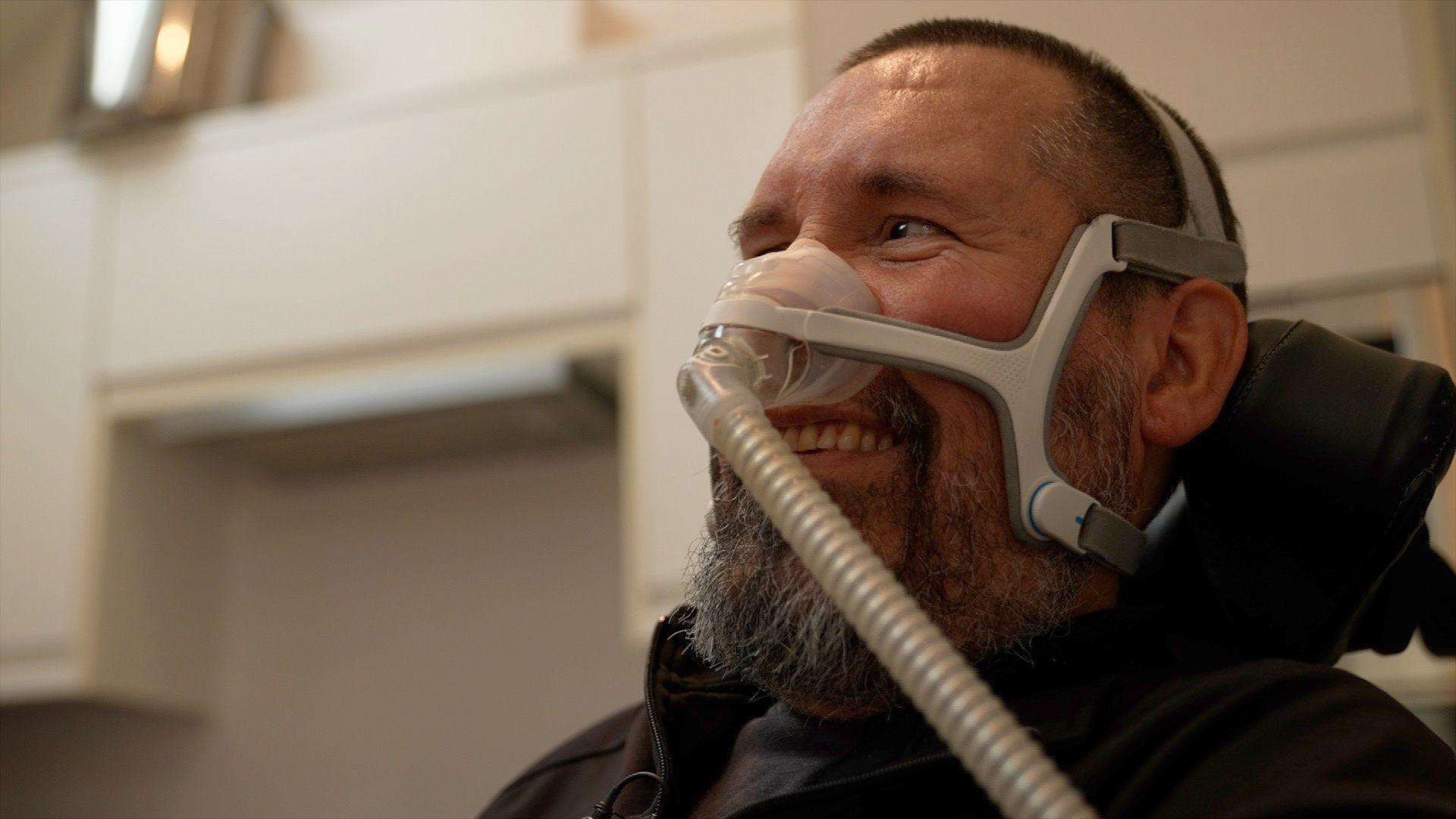
Nik Ward, who suffers from MND, worries legalising assisted dying could lead to people feeling pressure to end their lives
- Published
The question of whether terminally ill people should have the right to end their lives is dividing MPs as they consider a proposed law to legalise assisted dying.
If passed, the landmark bill would offer this choice to those who are expected to die within six months - provided their decision is approved by doctors.
They would need to be satisfied that a patient's choice has been made without pressure or coercion.
But the debate has raised questions about how terminally ill people could be safeguarded and coercion avoided - with criticism of the proposal coming from both Labour and Conservative politicians.
BBC News has spoken to two people who have terminal conditions, Elise Burns, who supports assisted dying, and Nik Ward, who hopes the bill does not pass.
Nik has motor neurone disease, and says he probably would have chosen assisted dying three years ago if it had been legal.
The 53-year-old has been told for the past five years that he is terminally ill and knows he could die tomorrow by choking on food or on his own saliva.
"I prided myself on my health and fitness," says Nik, who now uses a motorised wheelchair and breathing apparatus.
"Twenty years ago, if you were to say to me that I'd be in a wheelchair, I'd be like 'Nah mate, it's all right. I'd rather go.'"
Now Nik says his attitude to life - and death - has changed and he is grateful to have seen his children grow up. His eldest daughter is engaged to be married.
Under the proposed law, Nik is concerned that other people suffering terminal illnesses would choose an assisted death and miss out on the joys that more life could bring - even if they are less physically able.
The private members' bill was put forward by Labour MP Kim Leadbeater but the deeply sensitive nature of this issue has split politicians in all major parties.
Prime Minister Sir Keir Starmer has promised his party will be allowed to vote freely with their conscience.
Many people living with terminal illnesses have said the bill offers them hope that they may not have to experience a painful or prolonged death.
Elise Burns lives in constant pain due to terminal breast cancer that has spread to her bones, lungs and liver. She has been told she might have only two years to live.
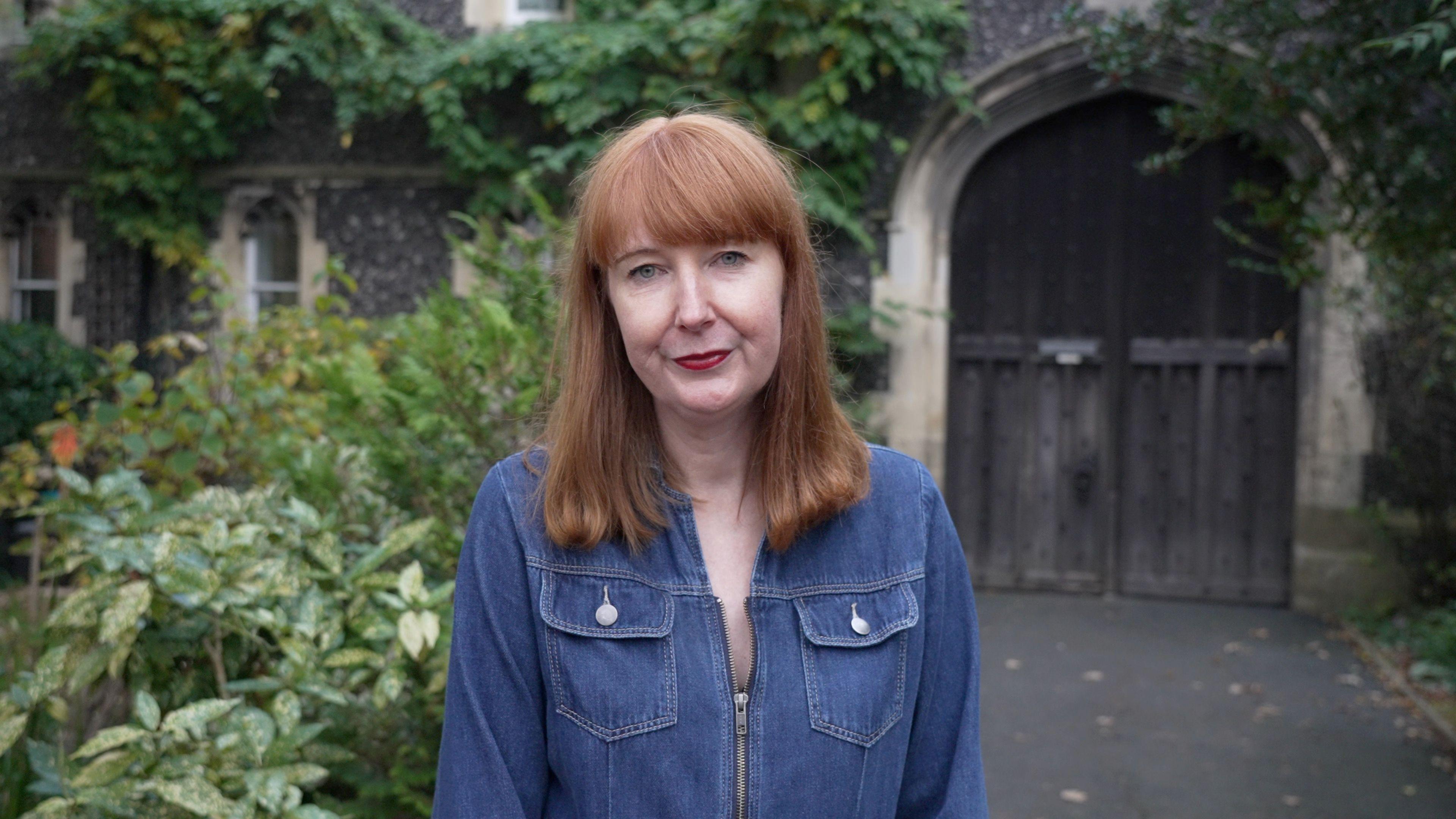
Elise Burns, 50, lives in constant pain and wants the choice to end her life before it gets worse
The 50-year-old relies on two different forms of morphine and a high-strength co-codamol to manage the pain. Some days "they don’t touch the sides", leaving her barely able to move.
The pain is worst in her thigh, where she had a metal rod inserted after cancer rotted her femur.
Elise says the pain will only get worse as her body becomes more tolerant of painkillers – making them less effective.
"I'm not scared to die but I am scared of a bad death – a long, drawn-out, brutal, horrific death. That terrifies me."
There has been particular concern among critics of the bill about how people who have been left vulnerable by life-threatening illness will be safeguarded.
Some believe the existence of assisted dying legislation could create an implicit pressure on terminally ill people - even if no-one is actively trying to coerce them.
Nik describes this possibility as a "very subtle but very insistent background noise".
He thinks people who may feel like a burden to their loved-ones might, for example, choose to "end their lives because they feel like they ought to for their children's sake".
"It's the people that are most thoughtful, most considerate – they're the very people that I'm worried about," he adds.
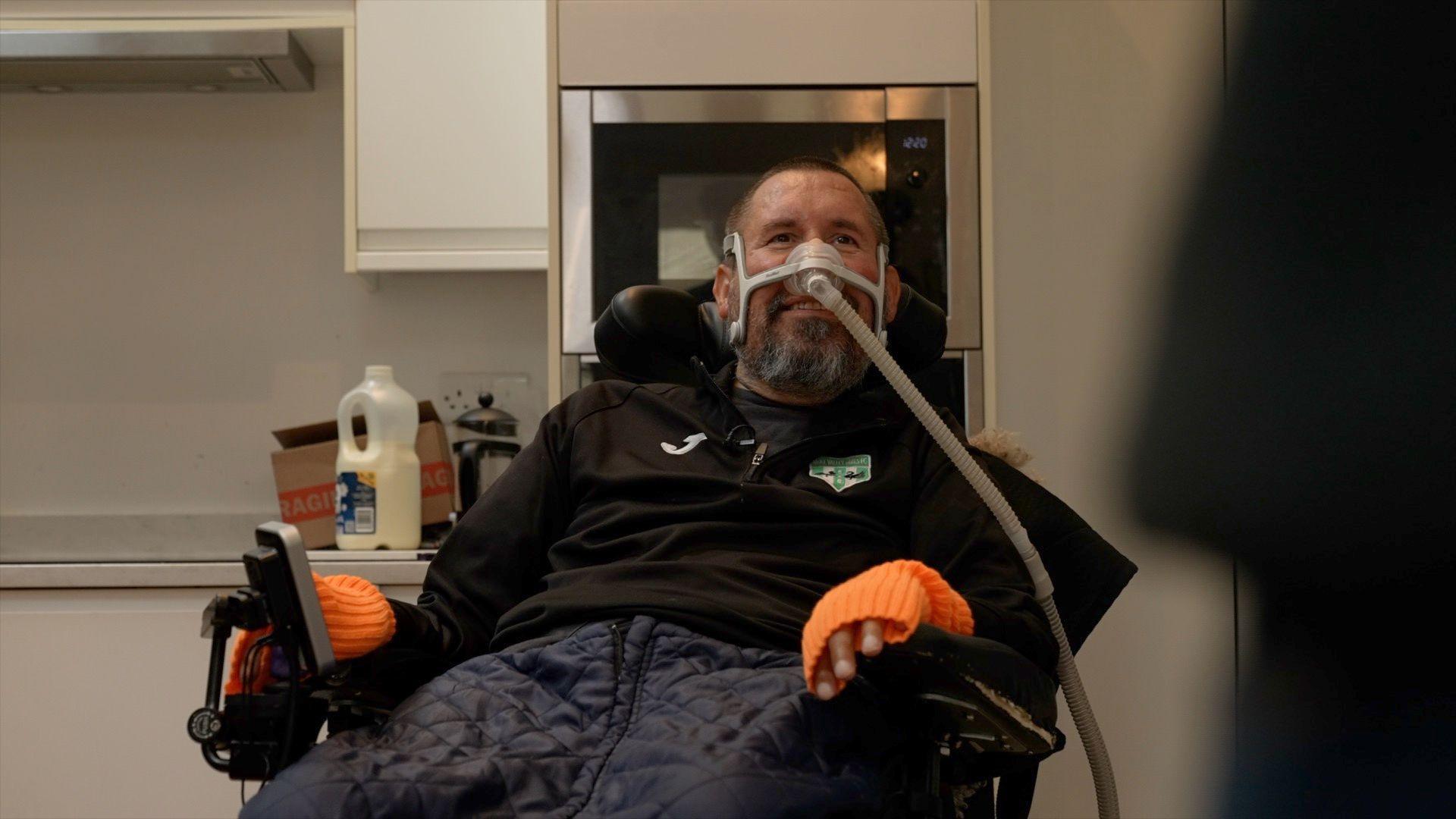
Nik worries other terminally ill people will feel driven to choose assisted dying if the bill passes
But Nik acknowledges that, though MND has robbed him of his active body, he is not enduring constant pain like Elise and some other terminally ill people.
"I fully respect their position," he says. "I'm living in a fairly privileged situation, in some senses."
Elise disagrees that the bill would coerce people into prematurely ending their lives, as this option would only be available to those with six months to live.
As a safeguard, the person's request to die would need to be approved by two doctors and a judge.
Elise accepts that those opposed to the bill have questions about the effectiveness of these safety measures, and the ethics of assisted dying.
"It's such a complex issue and I don't have all the answers. What I would say is that everyone should have the choice to do what they wish with their bodies."
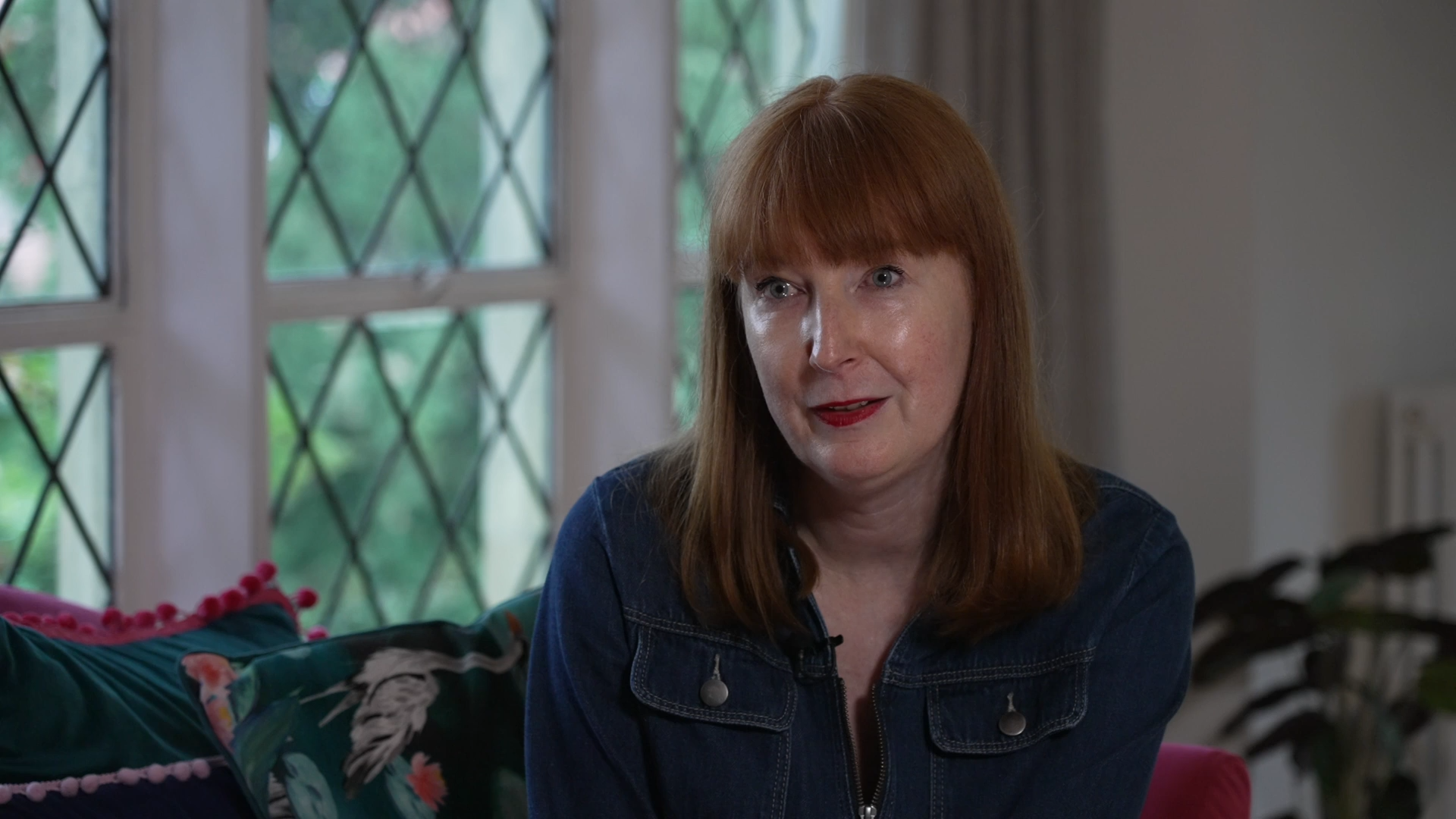
Elise says she will likely be dead before the bill becomes law, if it passes, but hopes it could help others
Elise knows she will die soon but says having a choice about when this happens would bring her comfort and reassurance.
She believes it is likely that, if the bill is approved, it will come too late to help her.
Instead, she plans to use the assisted dying service offered by the Swiss firm Dignitas.
She says their process requires a lot of paperwork beforehand and will cost her between £12,000-£15,000.
She says she is fortunate enough to be able to afford the sum but that the high prices involved are another reason why the law should be changed – so that assisted dying is possible for every terminally ill person who chooses it, not just those who can afford it.
If the bill does pass, Elise wishes she could "be there to see it".
"It's going to help so many people," she adds.
Get in touch
Have you been affected by the issues raised in this story?

Newscast - The Assisted Dying Bill Explained
Adam Fleming is joined by the BBC’s deputy political editor Vicki Young and medical editor Fergus Walsh to discuss the safeguards set out in the bill, how leading politicians are saying they’ll vote and the concerns those who oppose the bill have raised.
Related topics
- Published29 November 2024
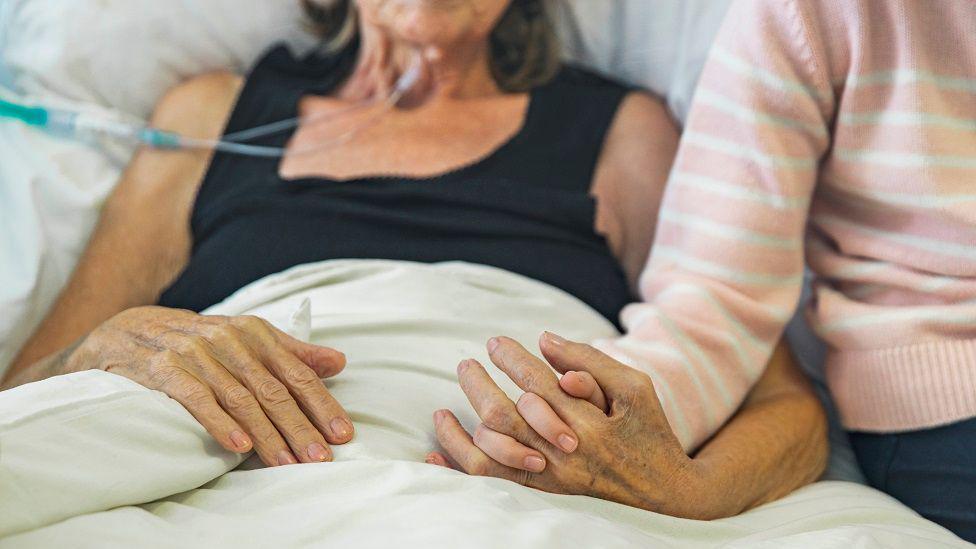
- Published1 November 2024
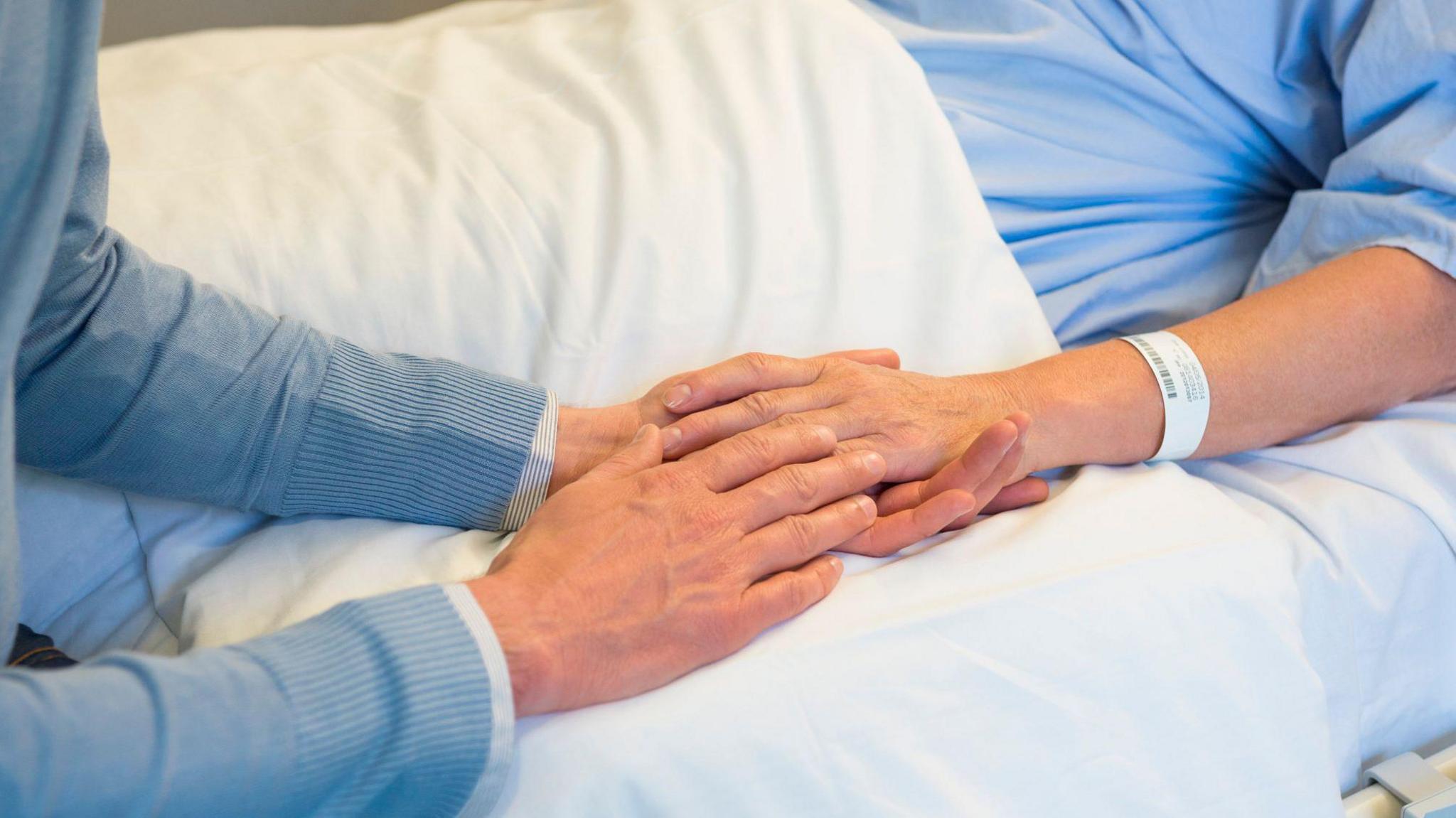
- Published31 October 2024
